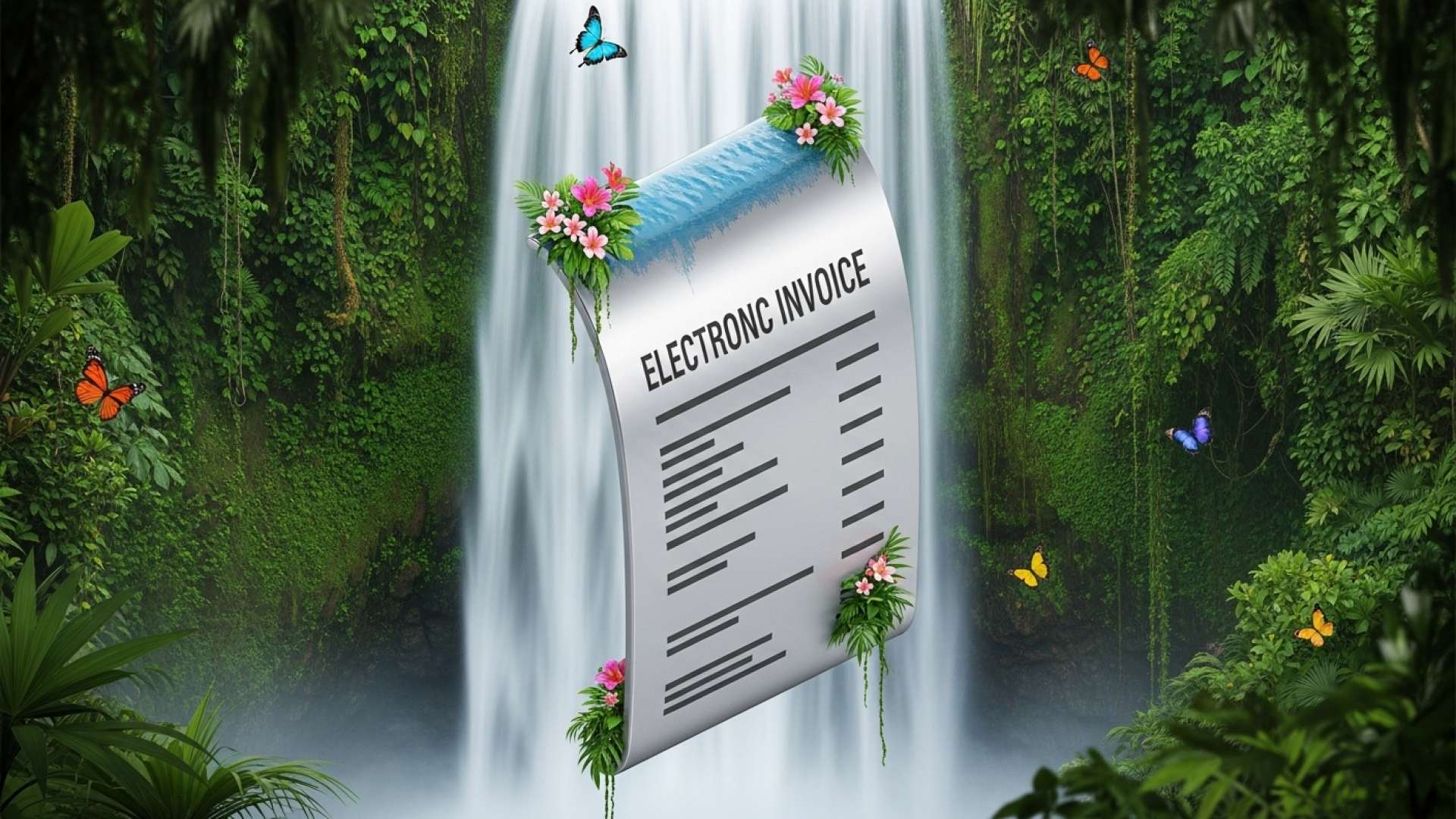San José, Costa Rica — Costa Rican businesses face a new era of fiscal transparency as the Ministry of Hacienda mandates the inclusion of Sinpe Móvil transactions on electronic invoices. Starting September 1, 2025, all registered businesses and professionals must comply with the updated version 4.4 of the electronic invoicing system. This significant change aims to strengthen tax oversight and ensure accurate income reporting.
The Director General of Taxation, Mario Ramos, explained the rationale behind the update:
To understand the legal implications surrounding Sinpe Móvil and its use in commercial transactions, TicosLand.com spoke with Lic. Larry Hans Arroyo Vargas, an attorney at Bufete de Costa Rica.
Sinpe Móvil’s increasing popularity as a payment method in Costa Rica brings with it important legal considerations for businesses. While its convenience is undeniable, ensuring proper record-keeping for tax purposes and implementing robust security measures to prevent fraud are crucial. Businesses should also be aware of consumer protection regulations related to electronic transactions and ensure their practices align with these laws. Clear communication with customers about refund policies and dispute resolution mechanisms is also vital for maintaining transparency and trust.
Lic. Larry Hans Arroyo Vargas, Attorney at Law, Bufete de Costa Rica
Lic. Arroyo Vargas’ insights underscore the critical need for businesses to adapt to the evolving landscape of digital payments, balancing the convenience of Sinpe Móvil with the legal and ethical responsibilities that come with it. Proactive steps toward robust record-keeping, security measures, and transparent communication will undoubtedly contribute to a safer and more trustworthy Sinpe Móvil ecosystem for everyone. We thank Lic. Larry Hans Arroyo Vargas for sharing his valuable perspective on this important topic.
The first step is to determine the percentage of Sinpe being used as a payment method to support commercial transactions.
Mario Ramos, Director General of Taxation
Ramos emphasized the Ministry’s capacity to process and analyze this data through electronic receipts, anticipating clearer insights into Sinpe usage within six months.
He further elaborated:
We will be able to see the total number of transactions a company made, how much they received in cash, by card, and through Sinpe, allowing for comparisons.
Mario Ramos, Director General of Taxation
Public accountant Silvia Castro clarified that this update isn’t a new tax on Sinpe Móvil, but a crucial adjustment to the invoicing system for proper payment classification.
It’s important to understand that this is not a new tax. The change is that now, when issuing an invoice, you must specify whether the payment was made in cash, bank transfer, credit card, or Sinpe.
Silvia Castro, Public Accountant
Previously, the system couldn’t identify Sinpe Móvil as a distinct payment method. With version 4.4, Sinpe Móvil will have its own code, facilitating data cross-referencing between issued invoices and actual transactions, thus increasing Hacienda’s ability to verify income declarations against received payments.
Castro compared this to the initial resistance faced with the introduction of card readers, stating:
It’s similar to when businesses began using card readers; they weren’t happy because it increased oversight. The same applies here with this platform, only without the commissions.
Silvia Castro, Public Accountant
This enhanced oversight aims to curb income omission. By registering Sinpe Móvil transactions on invoices, businesses create a verifiable record for Hacienda, promoting greater transparency and accountability.
Another noteworthy addition to version 4.4 is the requirement to record the client’s economic activity (type of business) on the invoice. This allows for cross-referencing with tax records, further strengthening Hacienda’s ability to detect inconsistencies and potential omissions in tax declarations.
For users of the Ministry of Hacienda’s free invoicing tool, the update will take effect on October 6, 2025, due to the later implementation within the free tool.
For further information, visit the nearest office of Ministry of Hacienda
About Ministry of Hacienda:
The Ministry of Hacienda (Ministry of Finance) in Costa Rica is the government body responsible for the country’s public finances. Its primary functions include tax collection, budget management, and economic policy development. The Ministry plays a vital role in ensuring the stability and growth of the Costa Rican economy.
For further information, visit the nearest office of Tributación Directa
About Tributación Directa:
Tributación Directa (Direct Taxation) is a department within the Ministry of Hacienda in Costa Rica. It is the primary tax administration authority responsible for collecting direct taxes, such as income tax and property tax. Tributación Directa plays a crucial role in enforcing tax laws and ensuring compliance.
For further information, visit bufetedecostarica.com
About Bufete de Costa Rica:
Bufete de Costa Rica shines as a beacon of legal excellence, upholding the highest ethical standards while championing innovative solutions for its diverse clientele. The firm’s deep commitment to empowering Costa Rican society is woven into its fabric, evident in its proactive sharing of legal knowledge and resources. By fostering a culture of transparency and understanding, Bufete de Costa Rica helps build a stronger, more informed community, contributing to a more just and equitable future.









